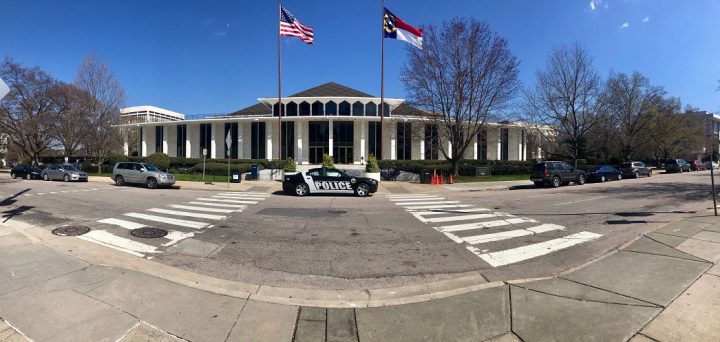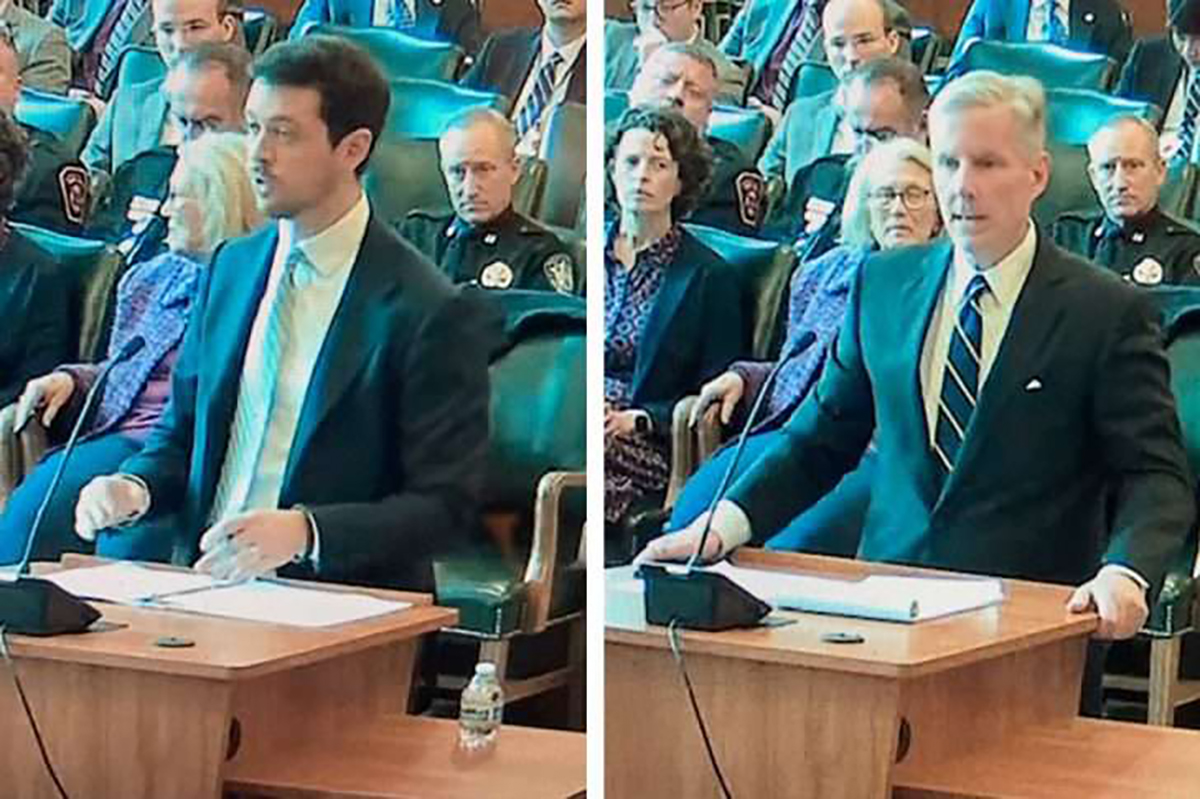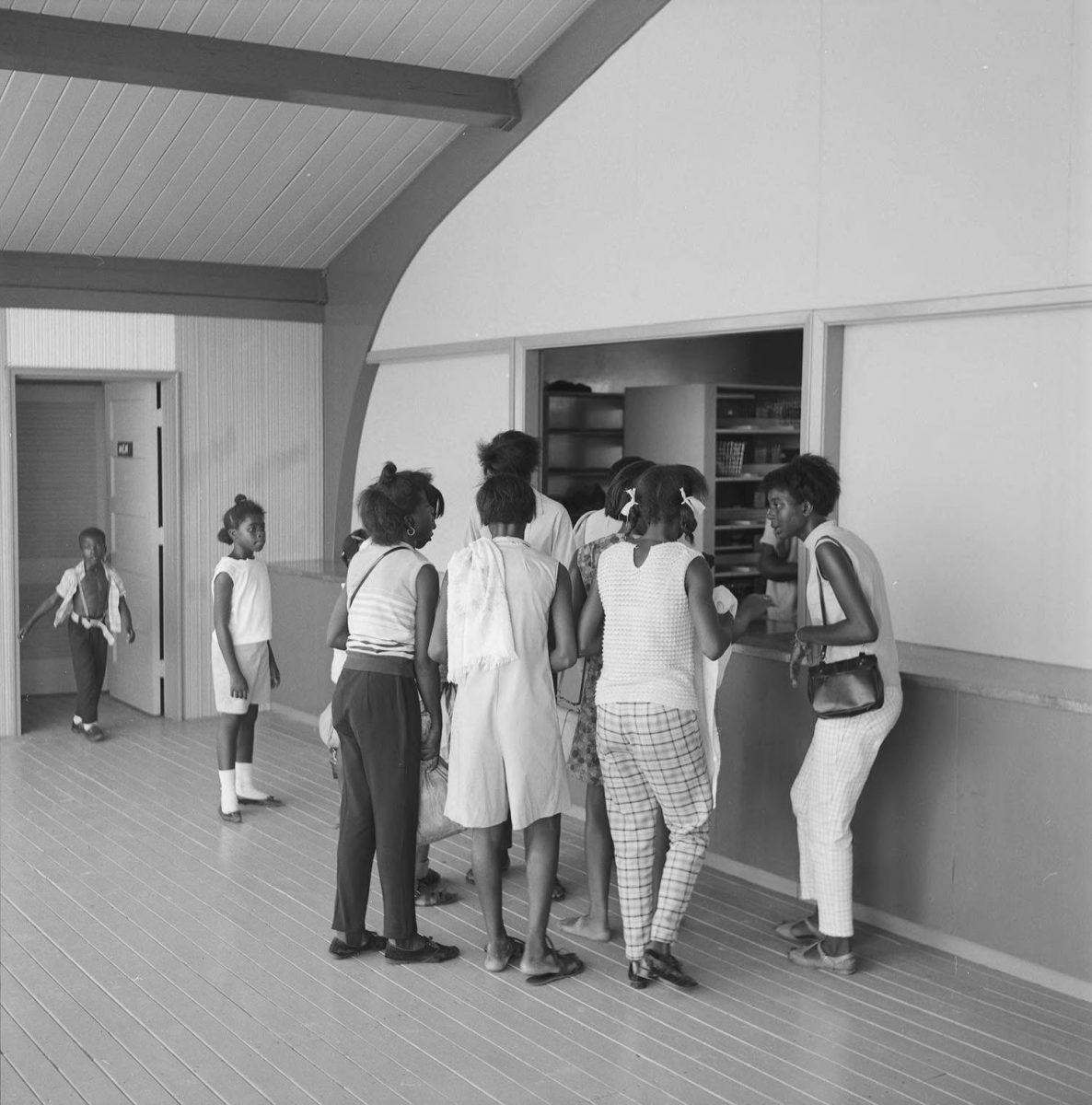
RALEIGH — The North Carolina General Assembly overwhelmingly approved a new coronavirus relief package that also includes hurricane, tornado and earthquake assistance.
In a brief, two-day session, the legislature passed Thursday the 52-page bill by wide margins in both chambers, clearing the Senate first in a 44-5 vote and followed by the House, which approved the bill 104-10.
Supporter Spotlight
The bill includes $335 checks for families with children, a $50 per week boost in unemployment benefits and more funds for broadband expansion, health care supplies, food banks, schools and universities.
Also in the bill is $44.5 million in disaster relief, most of it state matches for federal aid for those affected by recent hurricanes, as well as $24 million in help for communities in Alleghany County damaged in the recent earthquake.
An additional $750,000 was set aside to be used for the state match for assistance to communities affected by the deadly tornado in Bertie County spawned by Hurricane Isaias.
“None of us have faced a health crisis quite like this,” Rep. Donny Lambeth, R-Forsyth, one of the bill’s main authors, said Thursday during floor debate. “Some have lost loved ones, others have been separated from family, others have lost jobs. Yet we are a state that has faced hardships before, from hurricanes, fires, droughts, earthquakes and tornadoes, and each time we come back even stronger. This time we will do it again, more determined and stronger than ever. We will not let this pandemic defeat us.”
Despite the lopsided vote, the way the bill was assembled drew a sharp rebuke from Democrats, who said they were cut out of negotiations in another opaque process that eliminated open hearings and limited public input.
Supporter Spotlight
The disaster funds in the bill include the following:
- $27,796,610 for the state match for Hurricane Florence federal disaster assistance programs.
- $13,203,390 state match for federal disaster assistance programs related to Hurricane Matthew.
- $2,779,661 for the state match for federal disaster assistance programs related to Hurricane Dorian.
- $3.5 million for the state match for federal disaster assistance programs related to Hurricane Isaias.
- $300,000 to provide a grant to Bladenboro for the town’s demolition, reconstruction and repair of public infrastructure and public buildings damaged in Hurricane Florence.
The bill also allows for $750,000 for direct state assistance to Bertie, Chowan, Halifax, Hertford, Martin, Northampton and Washington counties for help in recovery from the powerful tornado that struck near Windsor during Hurricane Isaias, killing two people, injuring dozens and damaging several homes.
Parks, aquariums get boost
The legislature also approved $19.7 million in state funds to the Department of Natural and Cultural Resources for state parks and attractions and supporting nonprofits, with $2.1 million going for trail construction, increased trail maintenance and safety and health maintenance needs for trails and other park amenities that have been heavily used as North Carolinians took to the outdoors during the pandemic.
Funds for support organizations include the following:
- $1.5 million to the North Carolina Aquarium Society.
- $1 million to the North Carolina Museum of History Foundation to support the North Carolina Museum of History, the Graveyard of the Atlantic Museum, the Mountain Gateway Museum and Heritage Center, the Museum of the Albemarle, the Museum of the Cape Fear, the North Carolina Maritime Museum in Beaufort and the North Carolina Maritime Museum in Southport.
- $1 million to the Roanoke Island Historical Association.
- $1 million to the Tryon Palace Foundation.
- $300,000 to the Friends of the North Carolina State Museum of Natural Sciences.
The General Assembly formally adjourned for the year Friday and legislators are not scheduled to return until a new legislature is sworn in Jan. 13, 2021.
The departure came with a caveat, however, since there is still a chance that Congress could approve additional federal coronavirus relief this year. Should that occur and require action by the General Assembly to allocate it, the state constitution allows the governor to call the legislature back into session.







